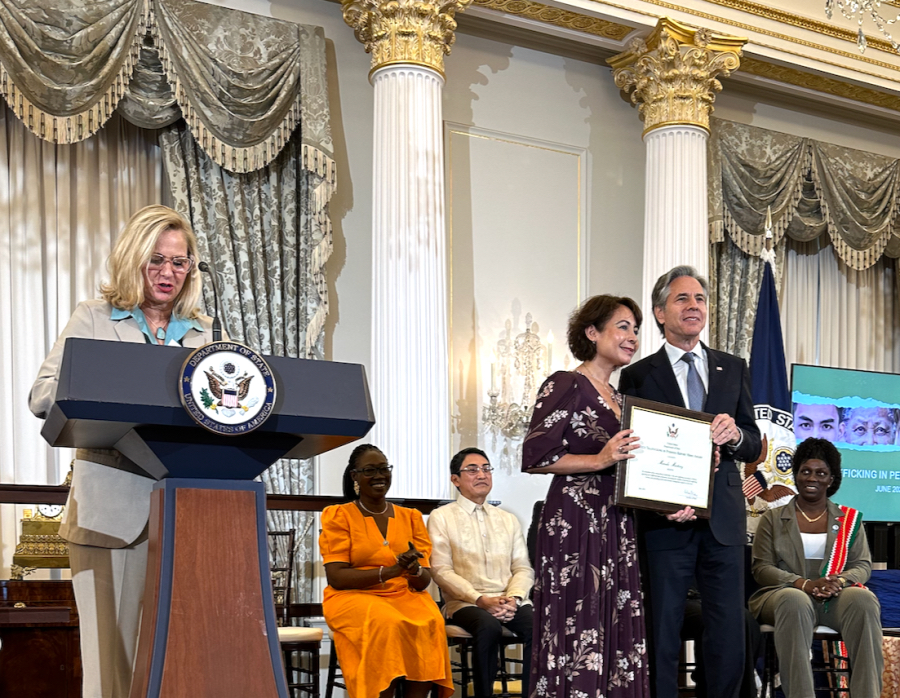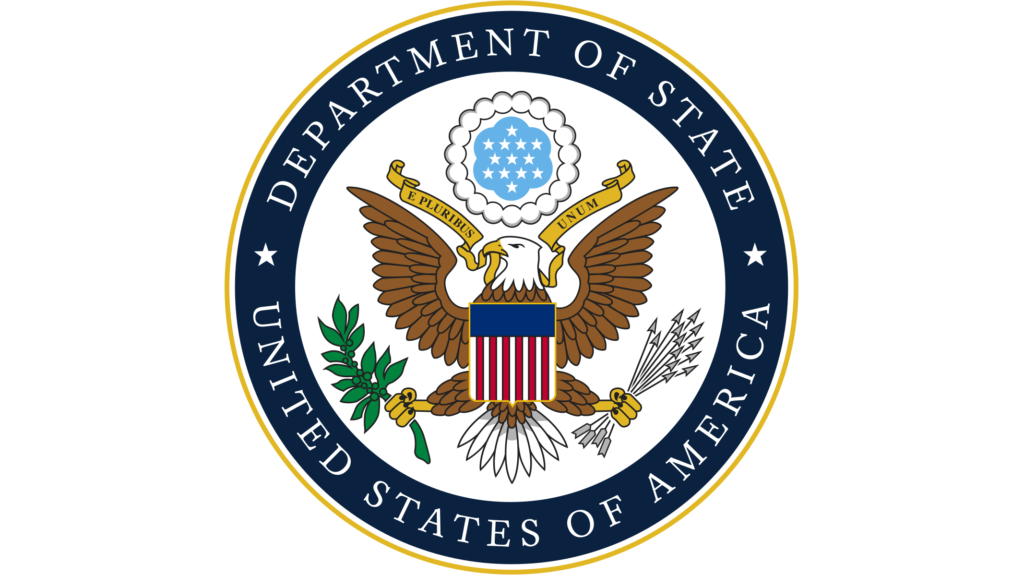
United States Department of State 2024: “TIP” Report: “Over time, policymakers, academics, and other stakeholders have expanded their thinking to encompass worker-led approaches to address the vulnerabilities of workers and prevent forced labor. Such approaches include advancing labor rights and standards – including freedom of association, collective bargaining, and the remediation of labor rights abuses – as well as worker-driven approaches that include migrants….”
“Bloomia’s entire cut-flower supply chain… will now be certified for human rights protections by the Fair Food Program, pioneers in the worker-driven social responsibility model with its partnerships among retailers, growers, and workers.”
As worker organizations from across the world launch their own Worker-driven Social Responsibility programs, modeled after the CIW’s uniquely successful Fair Food Program, the US Department of State has singled out the FFP’s international expansion as a milestone in advancing workers’ human rights.
In its annual Trafficking in Persons Report, which provides a global overview of human trafficking and documents the myriad ways this global and growing problem is being tackled, the Department of State called for all governments to ”take every step to use a whole-of-government approach to advance worker rights and address gaps in labor rights protection and compliance, including for migrant workers.”
For the US Government, that has included supporting the expansion of WSR programs like the FFP with multi-agency support. Last year, the Department of Labor directly funded the FFP’s international expansion into Chile, South Africa, and Mexico. And just two weeks ago, the US Department of Agriculture announced over $15 million in grants to farms that commit to the Fair Food Program. This support helps not just to broaden the scope of the FFP, but it also deepens the existing partnerships among buyers, workers, and growers, who all share in the Program’s success.
In addition to highlighting the progress of the FFP, the TIP Report positively mentions the India-based WSR program, the Dindigul Agreement, which protects garment workers from a range of abuses including harassment and sexual violence.
When farmworkers in the Florida tomato industry stood up over two decades ago to demand respect for their fundamental human rights and launched what was then the Campaign for Fair Food, and what was to become in 2010 the Fair Food Program, a new idea in the struggle to protect human rights in corporate supply chains was born. Today, garment workers, fishers, and farmworkers in multiple countries and on multiple continents are adapting that new model – the Worker-driven Social Responsibility model — to claim and protect their own rights at work. Taken together, it is clear that what we are witnessing is nothing short of the launch of a 21st century human rights revolution.
Here below is an excerpt from this year’s TIP report, which can be read in full here, and stay tuned for more WSR-related news in the near-future!
2024 Trafficking in Persons Report
Worker-led Approaches to Prevent Forced Labor
Over time, policymakers, academics, and other stakeholders have expanded their thinking to encompass worker-led approaches to address the vulnerabilities of workers and prevent forced labor. Such approaches include advancing labor rights and standards – including freedom of association, collective bargaining, and the remediation of labor rights abuses – as well as worker-driven approaches that include migrants. Research has demonstrated workers are most vulnerable to forced labor if they do not know their rights, are excluded from labor protection laws, and lack access to grievance mechanisms. Workers in the informal sector and women and girls, who often face gender-based violence and harassment in the workplace, can be particularly vulnerable…
Promising Practices in Improving Labor Conditions: Dindigul Agreement, India
Indian women and the Dalit-worker led union Tamil Nadu Textile and Common Labor Union (TTCU) signed in April 2022 a historic agreement with clothing and textile manufacturers and major fashion companies to end gender-based violence and harassment at factories in the southern state of Tamil Nadu… An assessment a year later by the multi-stakeholder oversight committee found that the workers are now effectively able to detect, remediate, and prevent gender-based violence and harassment. In addition, the TTCU has conducted peer education training of more than 2,000 workers and management, held more than 30 meetings with management to resolve grievances, and recruited 58 workers as monitors to help remediate gender-based violence and harassment throughout the factory units…
Milestones, Momentum, and Motivation
Over the last several years, government and private sector attention has become focused on resilient supply chains, and there are increasing supply chain transparency and due diligence policies, regulations, and laws globally. In addition, various initiatives have been developed to raise the importance of workers’ agency. It is notable that flower-sector leader Bloomia’s entire cut-flower supply chain, which encompasses farms in the United States, Chile, and South Africa, will now be certified for human rights protections by the Fair Food Program, pioneers in the worker-driven social responsibility model with its partnerships among retailers, growers, and workers.
Check back soon for more news from the CIW and the Fair Food Program!

